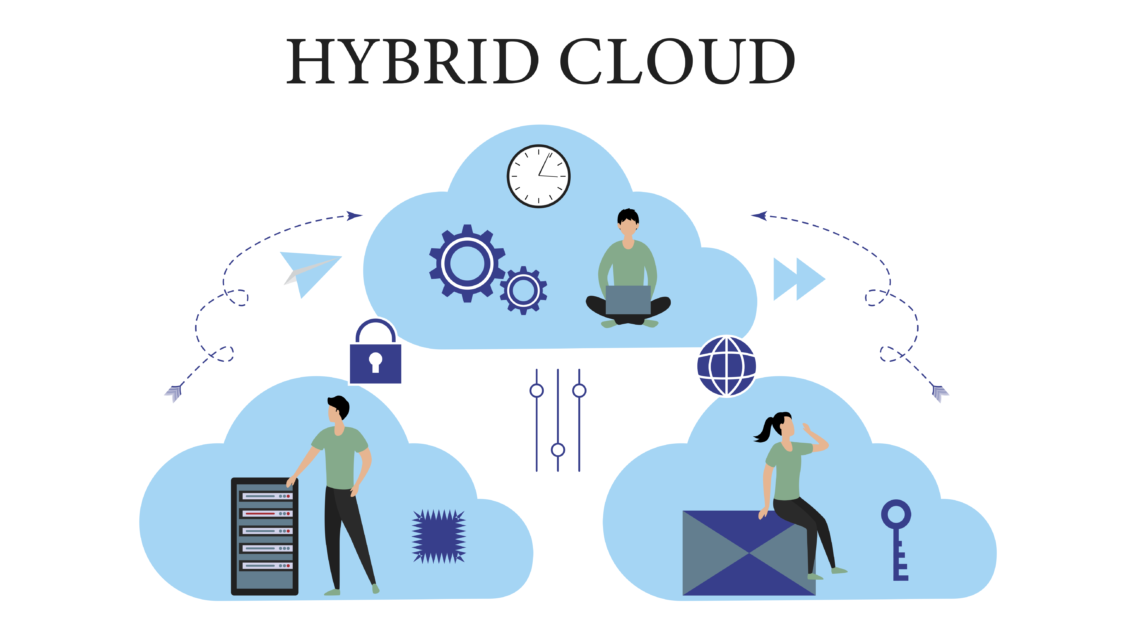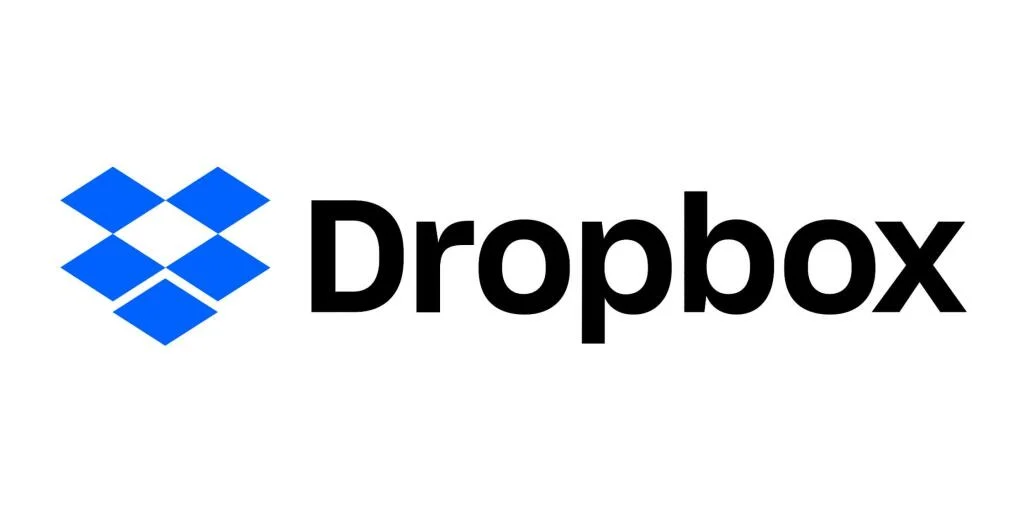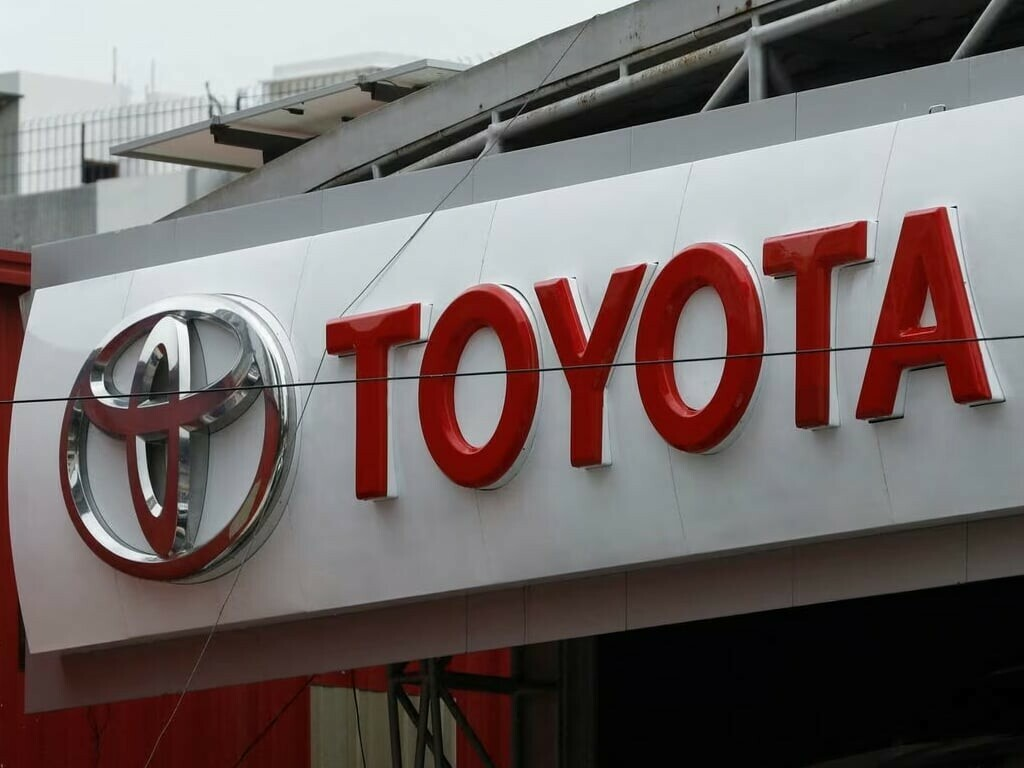
Since businesses increasingly rely on data and digital technology, cloud computing has become an integral part of their strategy for IT. While the public cloud has long been a go-to option for many companies, the hybrid cloud has emerged as an appealing alternative that provides the advantages of both public and private clouds – according to Flexera’s study, 87% of enterprises have adopted a hybrid cloud strategy, with 50% of workloads currently located within this environment. Furthermore, 84% have implemented multi-cloud strategies, showing the widespread appeal of using multiple cloud providers.
Who are some of the companies taking advantage of the hybrid cloud? Some of the biggest names in technology, finance, and healthcare have adopted this strategy to reach their business objectives. They’ve found that using both public and private clouds offers more flexibility, cost savings, and security than using either alone.
In this article, we’ll look at real-world examples of companies utilizing hybrid cloud and how their strategy has enabled them to meet their business goals.
Top 5 Real Examples of Companies using Hybrid Cloud
Below is the detailed explanation of 5 real examples of companies that are using hybrid cloud:
Netflix

Netflix is the world’s leading internet television network, providing TV shows, movies, and documentaries to over 200 million members in more than 190 countries. To meet its vast computing and storage demands, Netflix relies heavily on AWS for nearly all its services – databases, analytics, recommendation engines, and video transcoding.
AWS gives Netflix access to storage and infrastructure that enable it to scale rapidly, operate securely, and meet capacity needs anywhere. They’ve even built a virtual studio in the cloud using AWS, enabling top artistic talent to collaborate without technological or geographical barriers.
Here’s how Netflix utilizes loud hybrid technology:
- Content Storage: Netflix stores its extensive library of movies and TV shows on AWS cloud servers, which offer scalability, cost efficiency, and reliability. This enables Netflix to manage its vast library more efficiently while guaranteeing that all content is always accessible to subscribers.
- Content Delivery Network: Netflix has created its Content Delivery Network (CDN), named Open Connect. This CDN utilizes private and public cloud infrastructure to deliver content quickly to subscribers worldwide with low latency. This guarantees that subscribers always have access to their desired material, even during peak usage.
- Application Development and Testing: Netflix utilizes a public cloud infrastructure for developing and testing its applications, enabling the company to rapidly create new features without disrupting production. This enables Netflix to innovate quickly and consistently deliver top-class entertainment experiences.
- Big Data and Analytics: Netflix uses private cloud infrastructure to manage its big data analytics, enabling the company to enhance its service while understanding customers’ viewing habits and preferences. This enables Netflix to offer personalized recommendations and better tailor content according to subscribers.
Coca-Cola

Coca-Cola is one of the world’s largest beverage companies in over 200 countries. To keep up with its global reach and support its operations, Coca-Cola has adopted a hybrid cloud infrastructure to maintain its global reach.
Here are some specifics on Coca-Cola’s hybrid cloud strategy:
- Supply Chain Management: Coca-Cola has adopted a hybrid cloud infrastructure to manage its global supply chain. In real-time, they rely on this hybrid cloud setup to stay informed on inventory levels, production schedules, and shipping statuses. By doing so, Coca-Cola ensures its supply chains run efficiently even during times of high demand.
- Data Analytics: Coca-Cola has chosen a hybrid cloud infrastructure to meet its data analytics requirements. The company collects vast amounts of information on customer behavior, sales figures, and production processes – so using this hybrid cloud setup allows them to efficiently store, manage, and analyze this information to make informed business decisions.
- Collaboration and Communication: Coca-Cola has implemented a hybrid cloud infrastructure to enhance collaboration and communication throughout its global operations. The company utilizes cloud-based tools and platforms that allow employees to work together on projects regardless of location, streamlining operations while improving team collaboration. As a result, Coca-Cola can streamline operations and enhance communication between teams.
- Disaster Recovery: Coca-Cola relies on a hybrid cloud infrastructure to guarantee its operations remain available even during disasters. The company’s critical data and applications are backed to the cloud, enabling quick recovery from an event while minimizing downtime.
Adobe

Adobe is a top software company providing creative and marketing solutions to individuals and businesses. Recently, Adobe has adopted a hybrid cloud infrastructure to power its services and applications with high-performance computing power, scalability, and cost efficiency.
Here is more information on Adobe’s hybrid cloud strategy:
- Content Creation and Storage: Adobe Creative Cloud is a suite of creative software applications, and the company uses AWS and Microsoft Azure for storage and delivery to customers. By adopting this hybrid cloud infrastructure, Adobe can offer customers fast access to their content and manage its storage more efficiently.
- Application Development: Adobe uses a hybrid cloud infrastructure to develop and test its applications. By taking advantage of public cloud providers’ scalability and flexibility, Adobe can develop new features or updates without disrupting production environments.
- Data Management and Analytics: Adobe Analytics, a cloud-based analytics platform, utilizes a hybrid cloud infrastructure to analyze customer data from various sources, such as Adobe’s Experience Cloud and other third-party sources. This hybrid cloud setup enables Adobe to utilize public cloud computing resources during peak traffic while keeping sensitive data stored on private cloud infrastructure.
- Advertising and Marketing: Adobe Marketing Cloud is a cloud-based platform that utilizes hybrid cloud infrastructure to give marketers the power to deliver personalized, engaging customer experiences. Through machine learning algorithms and data analytics, companies can optimize their marketing campaigns.
Dropbox

Dropbox is a cloud storage and file-sharing service with over 600 million registered users worldwide. To manage its vast amount of data efficiently and reduce costs, Dropbox implemented a hybrid cloud strategy in 2016.
Here are some specifics on Dropbox’s hybrid cloud technology:
- Content Storage: Dropbox stores users’ files and data on private and public cloud infrastructure. The private cloud is utilized for sensitive or mission-critical information, while the public cloud houses less sensitive material. Dropbox can balance security with cost efficiency by employing a hybrid cloud model.
- Application Development and Testing: Dropbox uses public cloud infrastructure to develop and test its applications. This enables the company to quickly add features without impacting production environments. Moreover, using the public cloud provides flexibility and scalability, enabling Dropbox to adjust quickly to changing user demands.
- Content Delivery Network: Dropbox has developed its own Content Delivery Network (CDN), utilizing private and public cloud infrastructure for fast, dependable delivery of files and data worldwide. The CDN helps reduce latency and enhance user experience.
- Data Analysis and Machine Learning: Dropbox utilizes a private cloud infrastructure for managing its big data and analytics. This enables the company to understand its users better, providing more personalized and pertinent services. Moreover, Dropbox utilizes machine learning algorithms for intelligent search and other features to enhance user experience.
Toyota

Toyota, the world’s leading automaker, is an example of how hybrid cloud technology can optimize business operations. They have implemented a hybrid cloud infrastructure to support their global manufacturing and sales operations, including over 50 production facilities and thousands of dealerships around the globe.
Here is more information on Toyota’s hybrid cloud strategy:
- Manufacturing Operations: Toyota relies on a private cloud infrastructure to manage its manufacturing operations, such as supply chain processes, inventory control, and production line scheduling. The private cloud provides essential security and control over sensitive manufacturing data while facilitating efficient data processing.
- Sales and Marketing: Toyota relies on public cloud infrastructure for all its sales and marketing operations, including customer relationship management (CRM) systems, digital marketing campaigns, and data analytics. The cloud enables Toyota to scale operations easily according to changes in demand across different markets.
- Connected Cars: Toyota has invested heavily in connected car technology, connecting in-vehicle systems with cloud-based services to give drivers advanced features such as real-time traffic information, remote vehicle diagnostics, and over-the-air software updates. Toyota utilizes a hybrid cloud infrastructure for these services, enabling seamless integration between onboard systems and cloud-based resources.
- Research and Development: Toyota utilizes a hybrid cloud infrastructure to support its research and development activities. This includes using high-performance computing resources to simulate and test new vehicle designs and technologies and cloud-based collaboration tools that enable cross-functional teams to work from various locations.
Taikun
As Hybrid Cloud is Changing the IT Landscape and more and more businesses are adopting the technology for flexibility, scalability, and cost-effectiveness, you’d also want to utilize the technology; Taikun- is the most effective cloud management tool that helps you unlock the potential of hybrid cloud technology.
It assists in access management, easy Kubernetes cluster deployment, cost management, security and compliance, and much more. We help you optimize resource utilization and improve agility.


